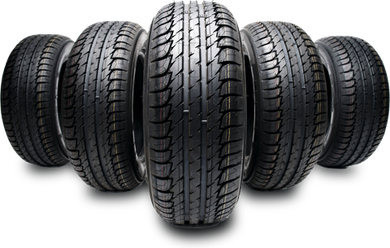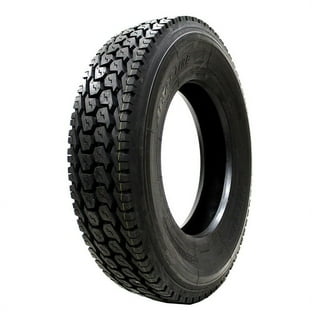Save Big with Mopar Tire Service Specials in Morris: Limited Time Offers
Save Big with Mopar Tire Service Specials in Morris: Limited Time Offers
Blog Article
Tire Solution: Recognizing Tire Pressure Monitoring Solutions
Understanding Tire Pressure Surveillance Systems (TPMS) is a crucial facet of maintaining optimum automobile efficiency and safety when driving. With advancements in automobile modern technology, TPMS has ended up being a basic attribute in modern cars, giving real-time information on tire pressure degrees. Delving deeper right into the intricacies of TPMS, one can reveal the various parts that compose this system and the importance of each in guaranteeing accurate surveillance. From direct to indirect TPMS systems, the landscape of tire stress tracking is varied, each with its special collection of considerations and benefits. Stay tuned to decipher the complexities of TPMS, from upkeep ideas to the obvious benefits of maintaining your tires effectively inflated. morris tire and alignment.

Significance of TPMS
The relevance of Tire Stress Surveillance Solutions (TPMS) hinges on their capacity to improve automobile safety and security and performance via real-time monitoring of tire stress degrees. Preserving the proper tire pressure is important for ensuring ideal handling, stopping, and total security of an automobile. TPMS gives chauffeurs with instant feedback on any kind of overinflated or underinflated tires, enabling for timely changes to be made.
Parts of TPMS
Sensors are normally situated in the tire shutoff stem or connected to the wheel setting up, where they gauge tire stress and transmit data to the control component. Some progressed TPMS models likewise display the actual tire stress analyses for each tire, giving drivers with real-time details to guarantee optimal tire efficiency and safety. By monitoring tire pressure continuously, TPMS assists prevent mishaps, decreases tire wear, and improves gas performance, making it a critical part for lorry security and performance. morris tire and alignment.
Kinds Of TPMS

On the various other hand, indirect TPMS relies upon the automobile's wheel rate sensors to monitor tire stress. This system identifies underinflation by comparing the rotational speeds of the wheels. Indirect TPMS is less expensive than straight TPMS, as it makes use of existing sensors within the car.
While straight TPMS additional resources provides extra accurate analyses, indirect TPMS is less complex in layout and typically requires much less upkeep. Both systems have their benefits and constraints, and the selection in between them usually relies on variables such as cost, vehicle make, and personal choice. Recognizing the distinctions in between these 2 kinds of TPMS can aid lorry proprietors make informed choices regarding tire upkeep and safety and security.
TPMS Maintenance Tips
Conduct routine checks on the tire pressure levels and compare them with the TPMS readings to ensure they are constant. Throughout tire rotation or replacement, make sure that the TPMS elements are taken care of carefully to prevent any prospective damage. If the TPMS cautioning light illuminates on the dashboard, deal with the problem immediately by examining the tire pressures and the general system for any type of faults.
Benefits of Appropriate Tire Stress
Maintaining appropriate tire stress, as emphasized in TPMS Upkeep Tips, is vital for reaping the countless advantages web related to optimal tire stress levels. Among the primary advantages of maintaining the proper tire stress is enhanced fuel performance. When tires are properly pumped up, there is much less moving resistance, bring about far better gas economy. Furthermore, proper tire stress makes certain also tire wear, expanding the lifespan of the tires and promoting much safer driving conditions. With the ideal tire pressure, automobiles additionally have better handling and traction, specifically in negative climate condition. This can enhance overall driving efficiency and security for the chauffeur and passengers. In addition, preserving optimal tire stress can add to a smoother and extra comfy trip by decreasing resonances and noise brought on by underinflated tires. To conclude, the benefits of proper tire stress exceed simply tire longevity; they encompass improved gas efficiency, boosted security, much better car efficiency, and general driving comfort.
Conclusion
In final thought, understanding tire stress surveillance systems (TPMS) is vital for preserving optimum tire pressure and making certain vehicle security. By recognizing the significance of TPMS, knowing with its components, knowing the different types offered, sticking to appropriate upkeep pointers, and understanding the advantages of keeping correct tire pressure, motorists can boost their driving experience and lengthen the life-span of their tires. Appropriate tire pressure is essential to effective and safe car operation.

Report this page